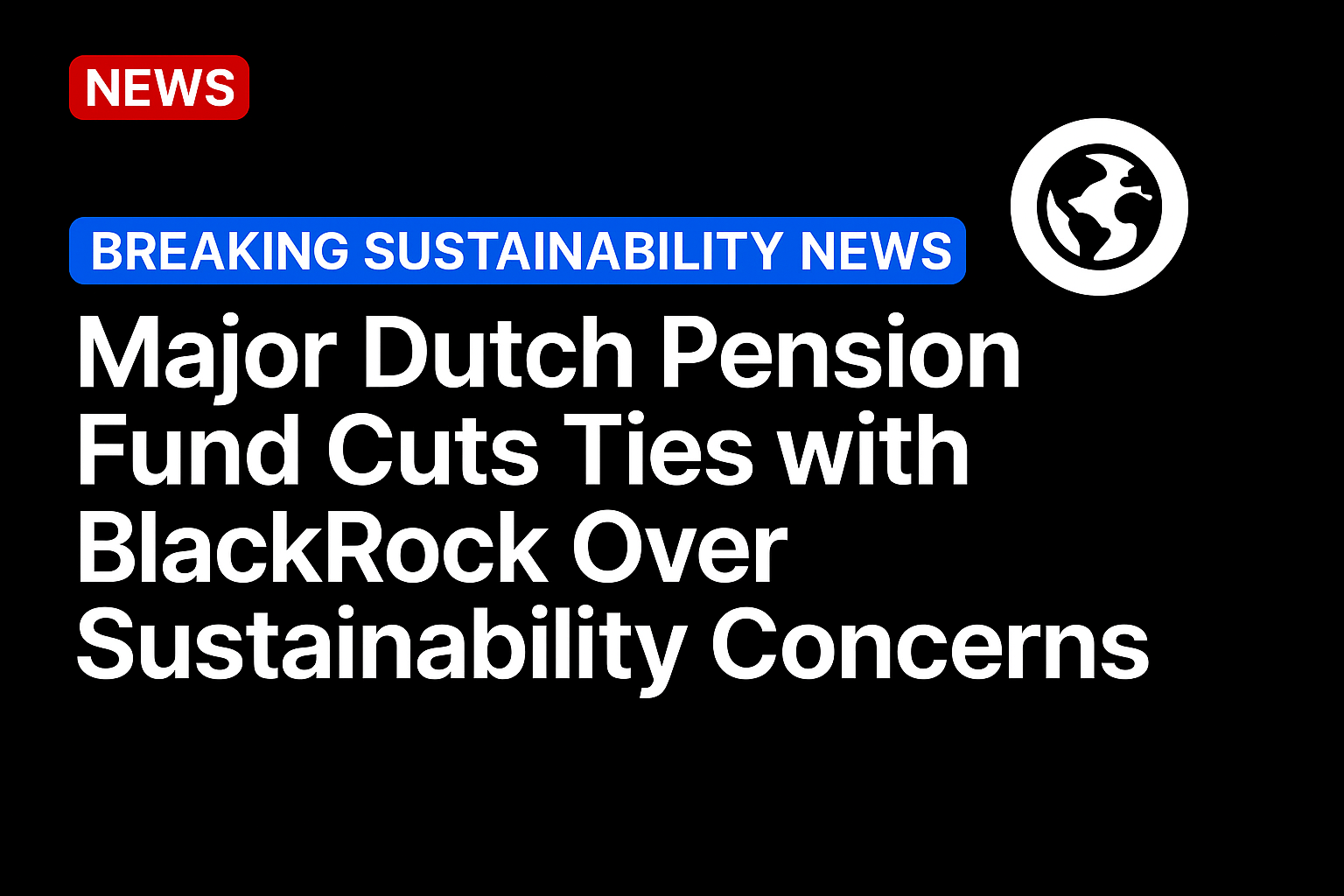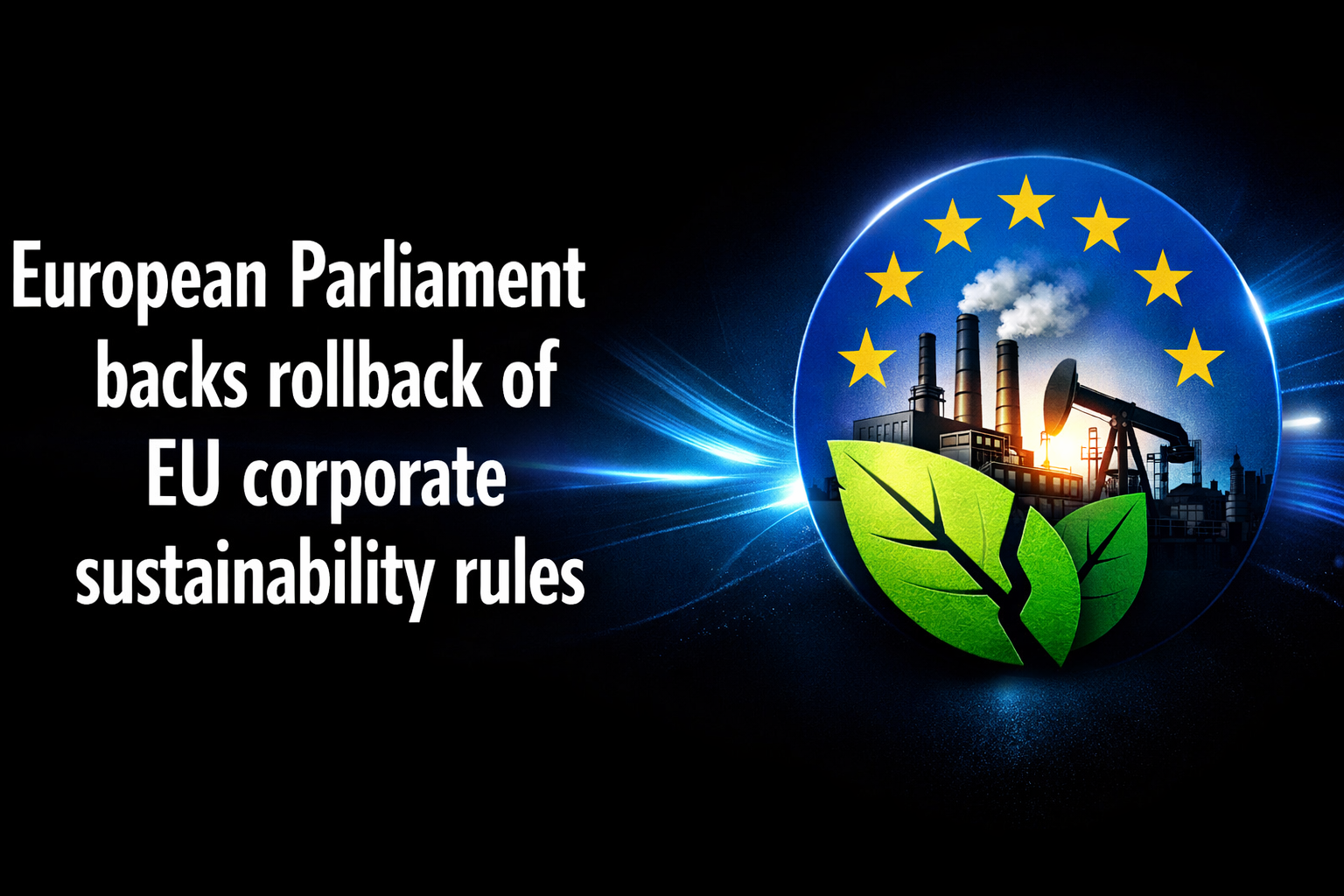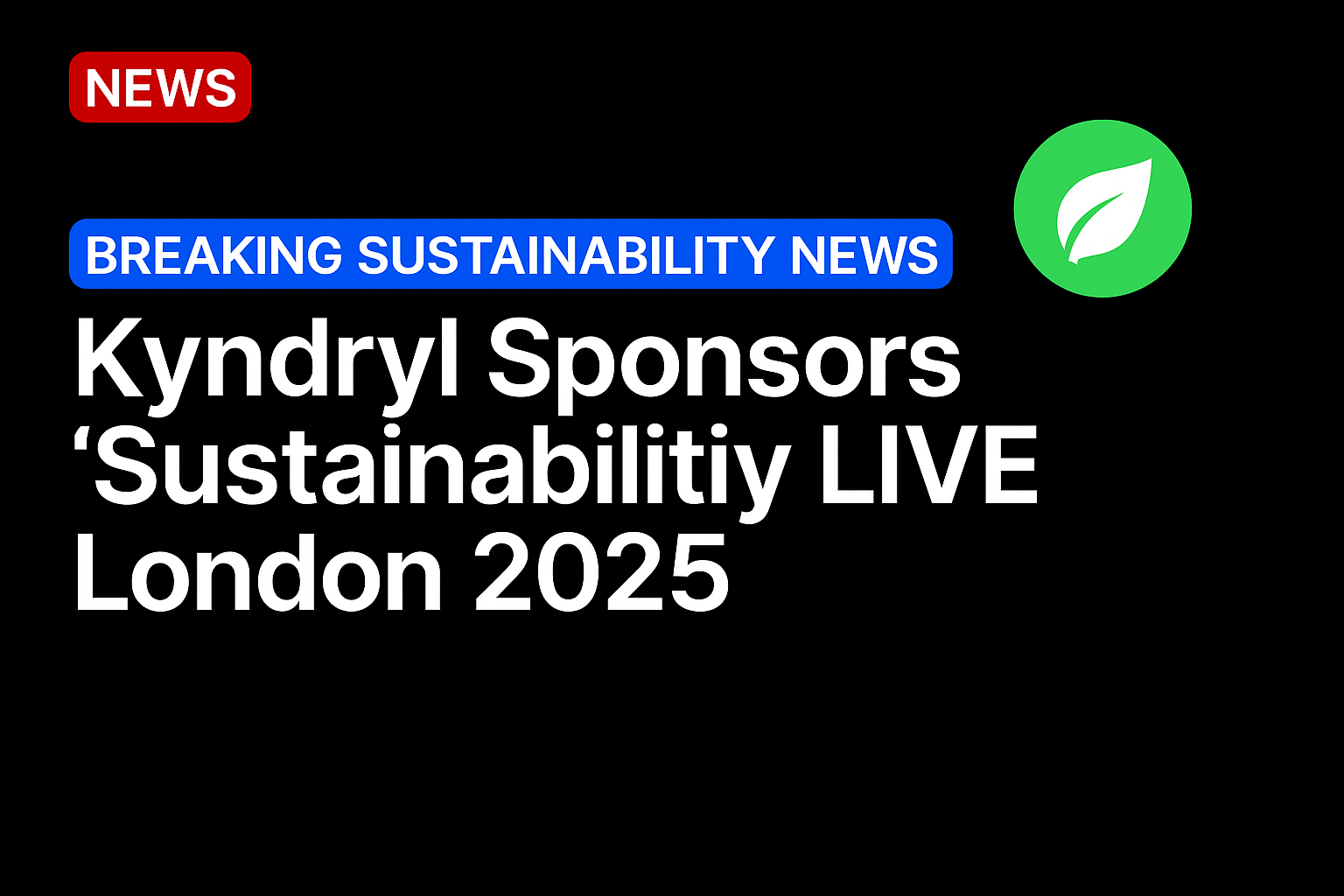Netherlands — PFZW, one of Europe’s largest pension funds managing around €250 billion (approximately $293 billion), has ended its investment mandates with BlackRock, citing growing misalignment on environmental and social governance (ESG) priorities.
Key Highlights
- Mandate terminated: PFZW will no longer invest in equity products managed by BlackRock—a strategic shift toward sustainability-aligned investing.
- Active portfolio overhaul: The fund sold holdings in 2,600 companies, narrowing its focus to 756 firms that meet its ESG threshold. New asset managers—including Robeco, Schroders, UBS, and Lazard—have been appointed to manage its actively selected equity portfolios.
- Voting misalignment cited: The fund’s lead manager, PGGM, criticized BlackRock’s diminishing support for shareholder resolutions on climate and social issues—just 2% approval in 2025, down from 4% in 2024. This made joint governance impractical.
- Transatlantic ESG divergence: PFZW’s decision underscores the widening gap between European investors doubling down on sustainability, and U.S. firms pulling back under political pressure.
Broader Implications
| Impact Area | Insight |
|---|---|
| Sustainable governance | PFZW demonstrates strategic resolve to align investment and proxy voting with ESG commitments. |
| Rethinking asset management | Move from passive mandates toward active, values-aligned investing signals a new model for pension strategies. |
| ESG as strategic risk | Misaligned voting stances now directly factor into mandate reviews and relationships with asset managers. |
| Global trend divergence | Europe remains committed to ESG, while many U.S. investors pull back—highlighting geopolitical and ideological division in capital markets. |
Summary
PFZW’s exit marks a pivotal moment in sustainable asset management—sending a clear message that sustainability is now equally weighted with return and risk. The fund’s shift from passive holdings to active, ESG-aligned portfolios, and the choice of new managers, underline a deep reconfiguration of global governance expectations.





